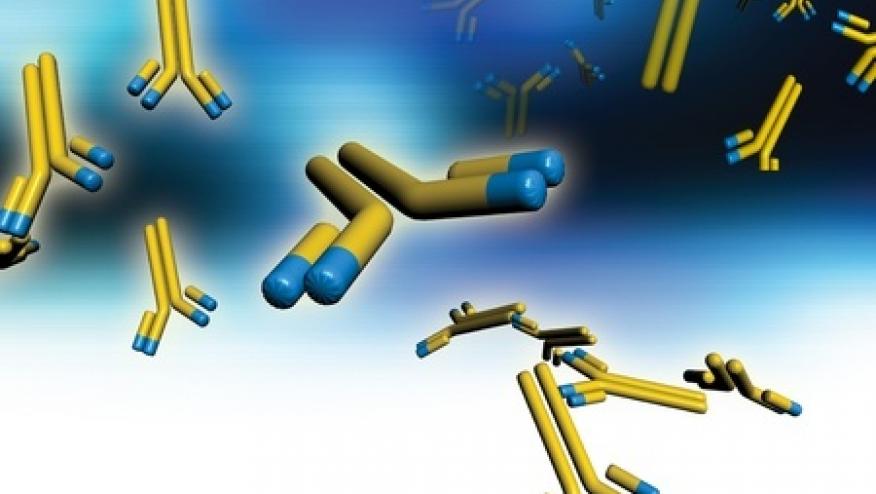New Recommendations on Biosimilar Use Save

The introduction of a growing number of biosimilars into the market poses a substantial change in cost of care for patients with inflammatory rheumatologic disorders.
Dr. Jonathan Kay and an international group of researchers established a task force to develop evidence-based recommendations regarding the evaluation and use of biosimilars to treat rheumatological diseases. This multidisciplinary group included specialists in rheumatology, dermatology, gastroenterology, pharmacologists, patients and a regulator from ten countries.
From an extensive literature review they developed five overarching principles and eight consensus recommendations with graded levels of evidence and recommendations based on the literature and expert opinion. The review included 29 papers and 20 abstracts from the ACR and EULAR conference abstract databases.
Overarching principles
- Treatment of rheumatic diseases is based on a shared decision-making process between patients and their rheumatologists (Level of Evidence: D)
- The contextual aspects of the healthcare system should be taken into consideration when treatment decisions are made (Level of Evidence: D)
- A biosimilar, as approved by authorities in a highly regulated area, is neither better nor worse in efficacy and not inferior in safety to its bio-originator (Level of Evidence: D)
- Patients and healthcare providers should be informed about the nature of biosimilars, their approval process, and their safety and efficacy (Level of Evidence: D)
- Harmonised methods should be established to obtain reliable pharmacovigilance data, including traceability, about both biosimilars and bio-originators (Level of Evidence: D)
Consensus recommendations
- The availability of biosimilars must significantly lower the cost of treating an individual patient and increase access to optimal therapy for all patients with rheumatic diseases (Level of Evidence: D)
- Approved biosimilars can be used to treat appropriate patients in the same way as their bio-originators (Level of Evidence: A)
- As no clinically significant differences in immunogenicity between biosimilars and their bio-originators have been detected, antidrug antibodies to biosimilars need not be measured in clinical practice (Level of Evidence: B)
- Relevant preclinical and phase I data on a biosimilar should be available when phase III data are published (Level of Evidence: D)
- Since the biosimilar is equivalent to the bio-originator in its physicochemical, functional and pharmacokinetic properties, confirmation of efficacy and safety in a single indication is sufficient for extrapolation to other diseases for which the bio-originator has been approved (Level of Evidence: D)
- Currently available evidence indicates that a single switch from a bio-originator to one of its biosimilars is safe and effective; there is no scientific rationale to expect that switching among biosimilars of the same bio-originator would result in a different clinical outcome but patient perspectives must be considered (Level of Evidence: A)
- Multiple switching between biosimilars and their bio-originators or other biosimilars should be assessed in registries (Level of Evidence: D)
- No switch to or among biosimilars should be initiated without the prior awareness of the patient and the treating healthcare provider (Level of Evidence: D)
Grade A evidence is based on systematic review of clinical trial results.
Grade D evidence is based on expert opinion.










If you are a health practitioner, you may Login/Register to comment.
Due to the nature of these comment forums, only health practitioners are allowed to comment at this time.